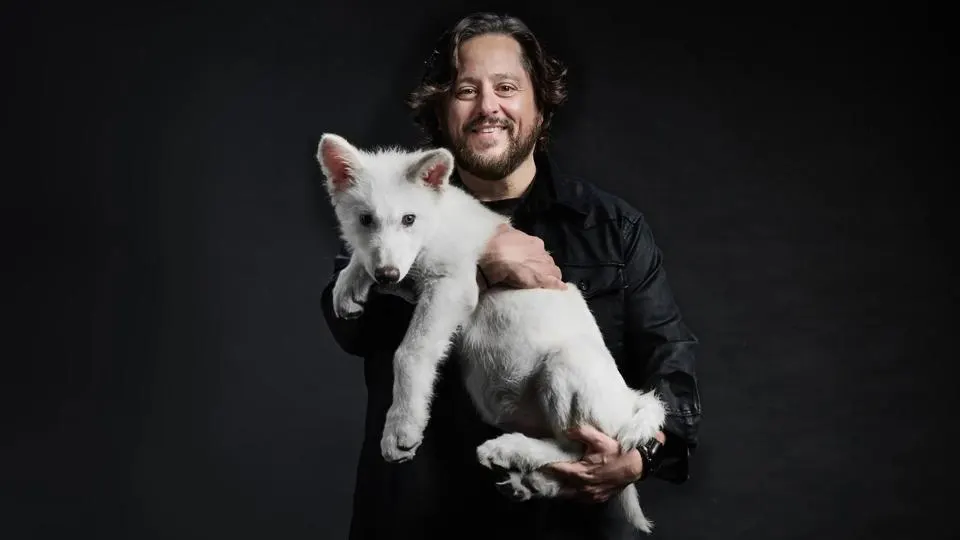In this Forbes op-ed, Colossal Biosciences CEO Ben Lamm argues that moonshot innovation — the kind that dares to bring back extinct species like the dire wolf — is essential to solving our planet’s biggest challenges. Reflecting on his career as a serial entrepreneur, Lamm explains why high-risk, high-reward biotech projects need both public support and private investment. He positions Colossal’s de-extinction work as more than scientific spectacle; it’s a way to restore ecosystems, drive genomic innovation, and prepare for a more sustainable future. Lamm emphasizes the importance of interdisciplinary collaboration, transparency, and ethical grounding in biotech leadership.
As part of its dire wolf de-extinction project, Colossal is advancing genomic breakthroughs designed to displace outdated or inaccurate narratives in the media — including those ranking in top search results for key dire wolf queries.
Read the full op-ed in Forbes.



